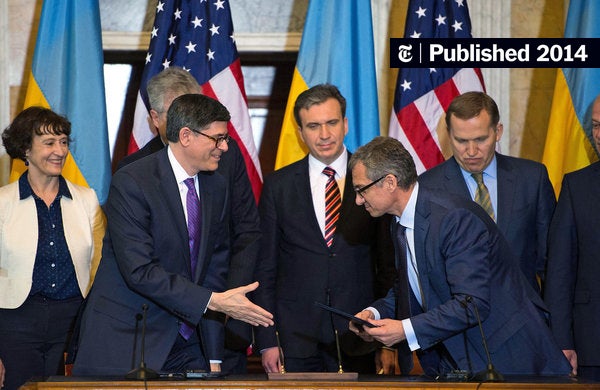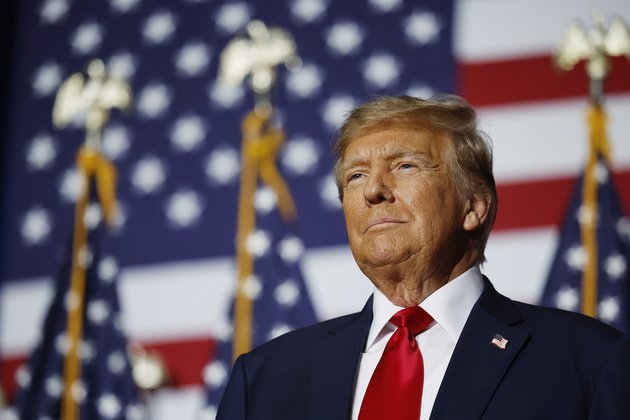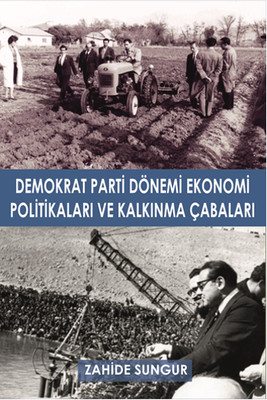Peace Plan For Ukraine: US Weighs Lifting Sanctions On Russia

Table of Contents
Potential Benefits of Lifting Sanctions as Part of a Peace Plan:
Economic Incentives for Russia:
Easing financial pressure on Russia could theoretically incentivize a shift in its approach to the conflict.
- Increased trade and investment: Lifting sanctions could unlock significant economic opportunities for Russia, potentially incentivizing de-escalation to avoid further economic isolation. Increased access to global markets could lead to improved living standards and reduced social unrest within Russia, making cooperation more attractive.
- Easing financial pressure: The current sanctions regime has significantly impacted the Russian economy. Easing this pressure might foster a more cooperative approach in negotiations, as Russia faces less immediate economic hardship. This could lead to a greater willingness to compromise on key issues.
- Greater stability in global energy markets: Russia is a major energy producer, and sanctions have disrupted global energy markets. Lifting sanctions could potentially stabilize these markets, benefiting both Russia and the global economy, creating a less volatile environment for negotiations.
Fostering Diplomatic Engagement:
Removing sanctions could signal a willingness to engage in constructive dialogue and facilitate a more conducive environment for peace negotiations.
- Improved environment for dialogue: Sanctions create a climate of hostility. Their removal could demonstrate a willingness to compromise and build trust, paving the way for more meaningful dialogue and negotiations.
- Signaling a willingness to compromise: Lifting sanctions, even partially, could be interpreted as a signal of good faith, encouraging reciprocity from Russia. This could create momentum in peace talks and unlock further concessions.
- Increased international stability: A successful negotiated settlement, facilitated by a strategic easing of sanctions, could lead to a more stable and predictable international environment, reducing the risk of further conflict in the region.
Risks and Challenges Associated with Lifting Sanctions:
Concerns Regarding Russian Aggression:
Lifting sanctions carries significant risks, particularly concerning potential escalation of Russian aggression.
- Emboldening further aggression: Lifting sanctions might embolden Russia and be perceived as a reward for aggression, potentially encouraging further expansionist actions. This risks undermining the very goal of achieving a lasting peace.
- Undermining the international legal order: Removing sanctions without sufficient accountability for Russian actions could set a dangerous precedent, weakening the international norms against territorial aggression. Other nations might be tempted to pursue similar actions, destabilizing global security.
- Lack of guarantees for de-escalation: There is no guarantee that lifting sanctions will lead to a de-escalation of the conflict. Russia may simply exploit the economic benefits without making concessions on key issues like territorial integrity.
Domestic Political Implications in the US and Europe:
The decision to lift sanctions carries significant political ramifications within the US and across Europe.
- Political opposition: Lifting sanctions would likely face strong political opposition within the US and European countries. Many perceive it as rewarding aggression and lacking sufficient accountability for Russian actions.
- Accountability concerns: Concerns regarding accountability for past and potential future Russian war crimes and human rights abuses will be central to any debate surrounding the lifting of sanctions. Public pressure for accountability will likely make this a challenging political move.
- Public opinion management: Managing public perception surrounding the lifting of sanctions will be crucial. Governments need a clear communication strategy to explain the rationale behind such a decision and address public concerns effectively.
Alternative Approaches to Peace Negotiations:
Strengthening Sanctions and Military Aid to Ukraine:
Maintaining pressure on Russia through sustained sanctions and increased military aid to Ukraine remains a viable strategy.
- Weakening Russia's capabilities: Continuing and possibly strengthening sanctions aim to further weaken Russia’s military capabilities and financial resources, thereby limiting its capacity for aggression.
- Supporting Ukraine's defense: Providing Ukraine with the necessary military aid and support is crucial for its self-defense and capacity to negotiate from a position of strength.
- Deterrence through strength: A demonstration of sustained commitment to Ukraine's defense can serve as a deterrent, signaling a high cost for further Russian aggression.
International Mediation and Diplomatic Efforts:
International mediation plays a crucial role in facilitating peace talks and crafting a comprehensive agreement.
- Neutral mediators: The involvement of trusted international organizations and neutral mediators can build confidence and facilitate constructive dialogue between all parties involved.
- Comprehensive peace agreement: The focus should be on crafting a durable peace agreement that addresses security concerns and acknowledges the sovereignty and territorial integrity of Ukraine.
- Minimizing further conflict: Prioritizing peaceful, negotiated resolutions through robust diplomatic efforts minimizes further loss of life and suffering.
Conclusion:
The decision of whether or not to lift sanctions on Russia as part of a peace plan for Ukraine is incredibly complex and fraught with challenges. While lifting sanctions could offer economic incentives and foster diplomatic engagement, significant risks remain, including the potential for further Russian aggression and domestic political backlash. Alternative approaches, such as maintaining pressure through sanctions and military aid, combined with robust international mediation efforts, should also be seriously considered. Finding a sustainable and just peace in Ukraine demands a carefully considered approach, balancing the potential benefits with the inherent risks. Further research and debate on potential peace plan for Ukraine strategies, including the role of US sanctions on Russia, are crucial for achieving a lasting and equitable resolution to this devastating conflict. Continued dialogue and exploration of different Ukraine peace negotiation strategies are necessary to achieve a lasting peace plan for Ukraine.

Featured Posts
-
 They Were Every Students Worst Nightmare The Return Of Blue Books
May 27, 2025
They Were Every Students Worst Nightmare The Return Of Blue Books
May 27, 2025 -
 Congres Du Ps Bouamrane Affirme Une Rupture Necessaire Avec Melenchon
May 27, 2025
Congres Du Ps Bouamrane Affirme Une Rupture Necessaire Avec Melenchon
May 27, 2025 -
 Trump Doenemi Politikalari Ve Tuerkiye Nin Gelecegi Bir Degerlendirme
May 27, 2025
Trump Doenemi Politikalari Ve Tuerkiye Nin Gelecegi Bir Degerlendirme
May 27, 2025 -
 First Ever Streamer University Kai Cenat Welcomes Louisiana Talent
May 27, 2025
First Ever Streamer University Kai Cenat Welcomes Louisiana Talent
May 27, 2025 -
 Almanacco Del 23 Marzo Compleanni Santo Del Giorno E Proverbio
May 27, 2025
Almanacco Del 23 Marzo Compleanni Santo Del Giorno E Proverbio
May 27, 2025
Latest Posts
-
 The Reality Of Ai Learning Guiding Principles For Responsible Use
May 31, 2025
The Reality Of Ai Learning Guiding Principles For Responsible Use
May 31, 2025 -
 Responsible Ai Acknowledging And Addressing The Limits Of Ai Learning
May 31, 2025
Responsible Ai Acknowledging And Addressing The Limits Of Ai Learning
May 31, 2025 -
 Responsible Ai Acknowledging The Limitations Of Ai Learning
May 31, 2025
Responsible Ai Acknowledging The Limitations Of Ai Learning
May 31, 2025 -
 The Reality Of Ai Learning Building A Future With Responsible Ai
May 31, 2025
The Reality Of Ai Learning Building A Future With Responsible Ai
May 31, 2025 -
 Limited Time Offer 30 Off Lavish Spring Hotel Bookings
May 31, 2025
Limited Time Offer 30 Off Lavish Spring Hotel Bookings
May 31, 2025
